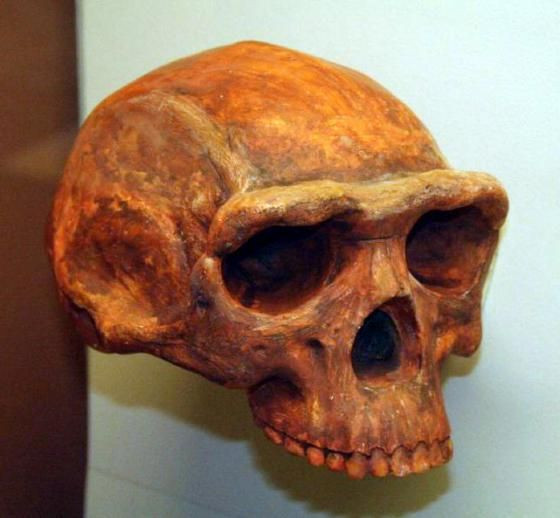Historic Changes In Diet Have Negatively Impacted Oral Health

A new study has shed light on how our dietary habits throughout human evolution has affected the bacteria that we carry around in our mouths.
Scientists sequenced DNA of bacteria that was left on the teeth of skeletons at various time points in human history. They showed that there were significant negative effects on the diversity of bacteria at each stage of human diet modification. Such changes were, for example, the beginning of cultivation of food and introduction of food manufacturing during the industrial revolution.
"This is the first record of how our evolution over the last 7500 years has impacted the bacteria we carry with us, and the important health consequences," says study leader Professor Alan Cooper, ACAD Director.
"Oral bacteria in modern man are markedly less diverse than historic populations and this is thought to contribute to chronic oral and other disease in post-industrial lifestyles."
Scientists purified DNA from the tartar, or calcified dental plaque, from 34 prehistoric European human skeletons. They traced the types of bacteria that the people carried in their mouths from hunter-gatherer time all the way through medieval Europe.
"Dental plaque represents the only easily accessible source of preserved human bacteria," says lead author Dr. Christina Adler, who conducted the research while a PhD student at the University of Adelaide, now at the University of Sydney.
"Genetic analysis of plaque can create a powerful new record of dietary impacts, health changes and oral pathogen genomic evolution, deep into the past."
Professor Cooper, another lead researcher on the project said: "The composition of oral bacteria changed markedly with the introduction of farming, and again around 150 years ago. With the introduction of processed sugar and flour in the Industrial Revolution, we can see a dramatically decreased diversity in our oral bacteria, allowing domination by caries-causing strains. The modern mouth basically exists in a permanent disease state."
The importance of this research may explain why humans currently have a very high rate of cavities and tooth problems compared with other animals or our ancestors from millennia in the past.
The paper published in Nature Genetics cab be found here.
Published by Medicaldaily.com



























